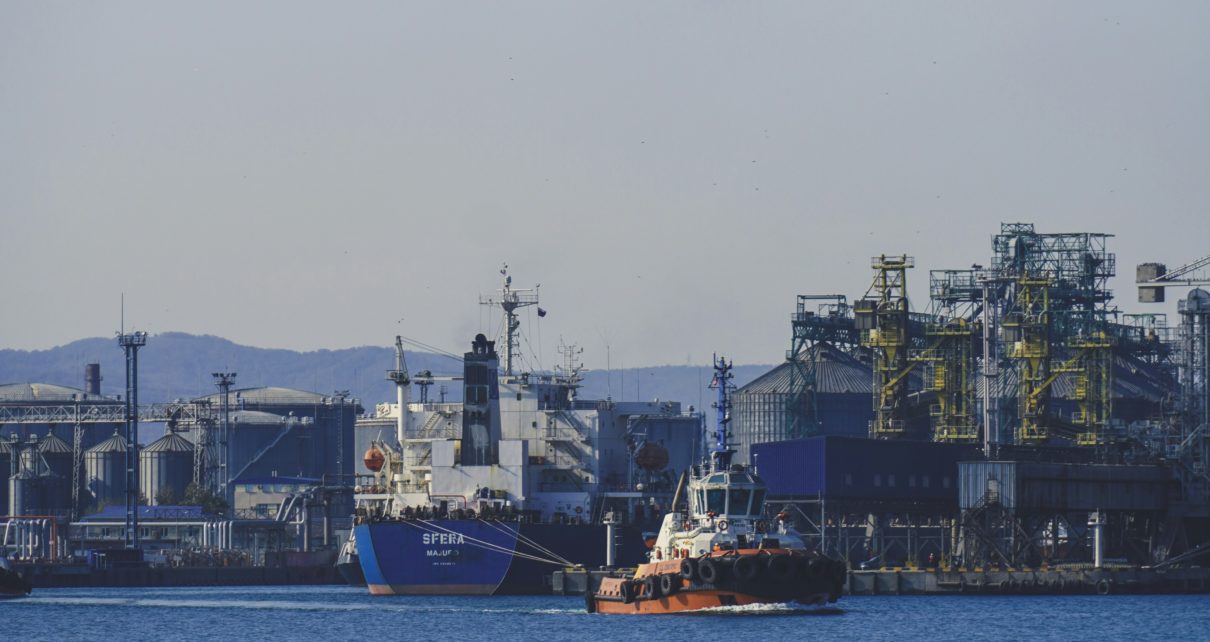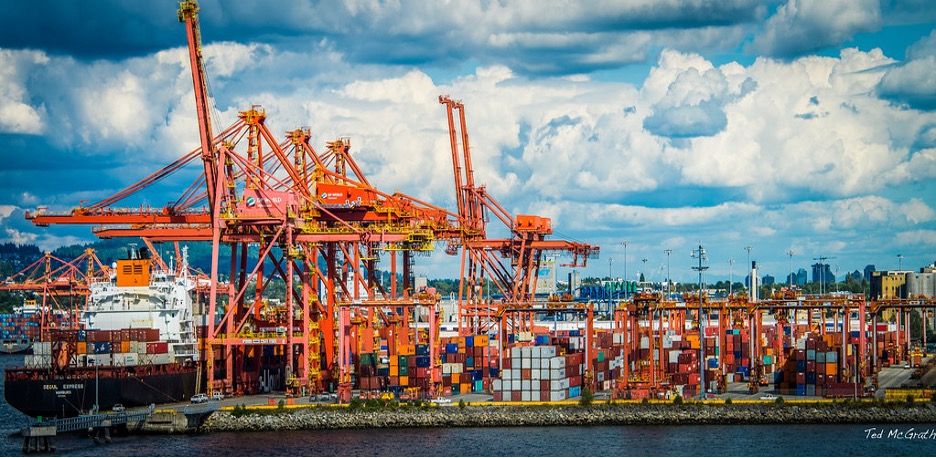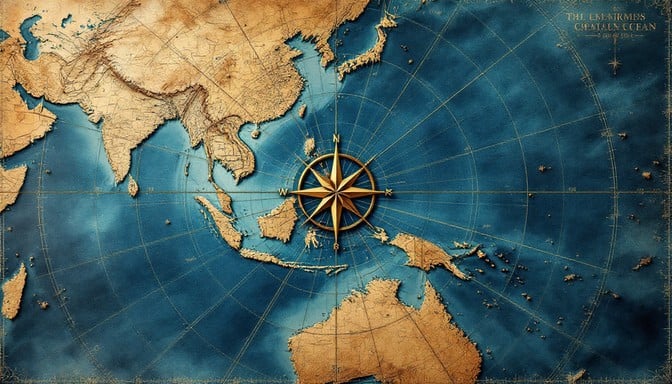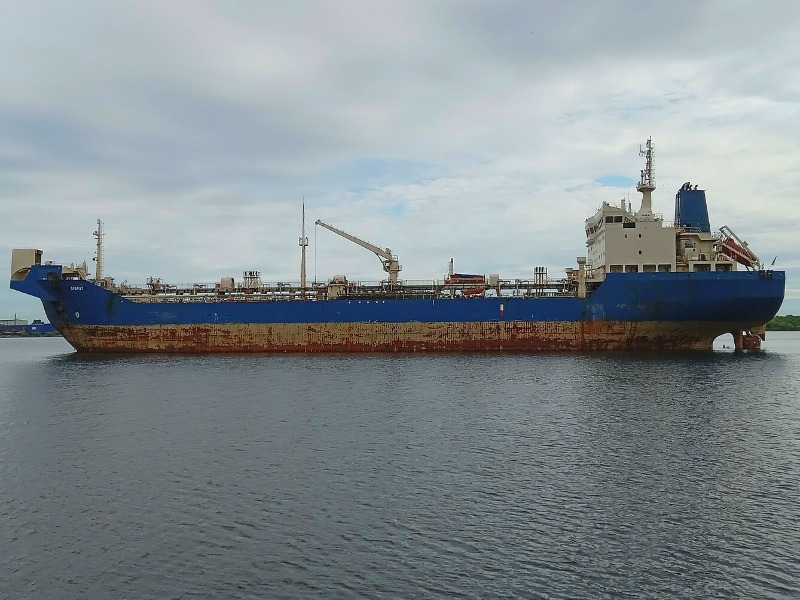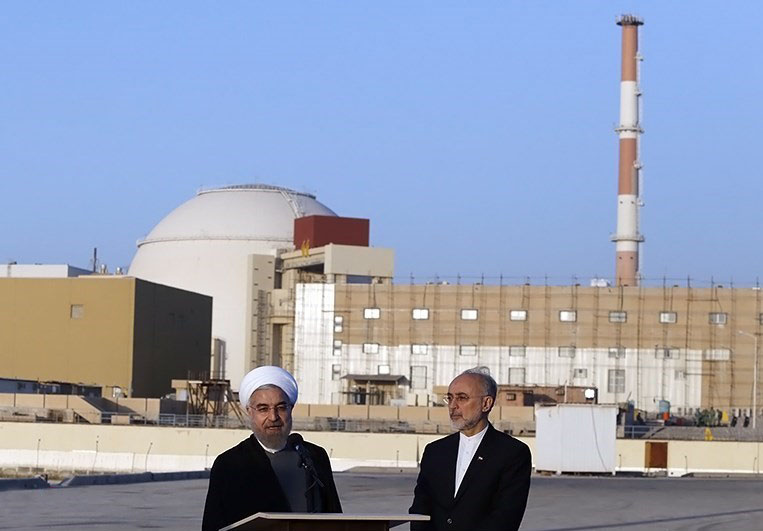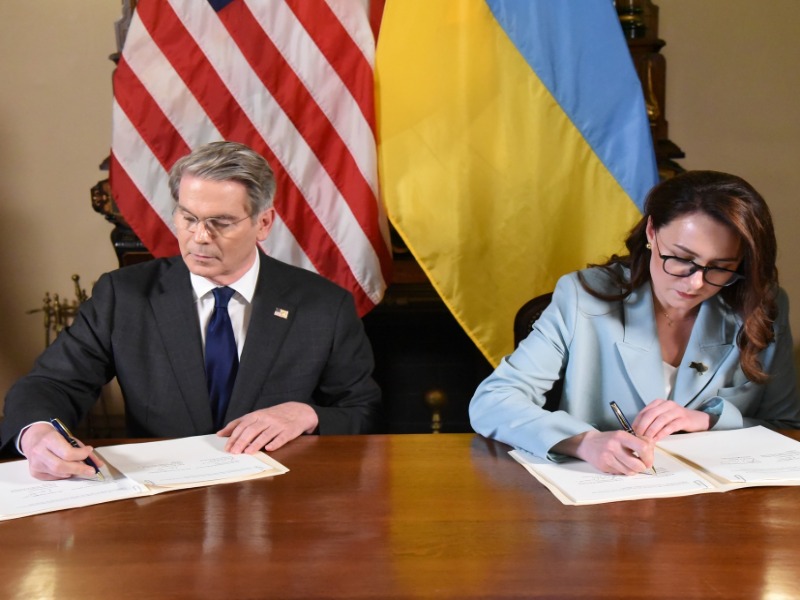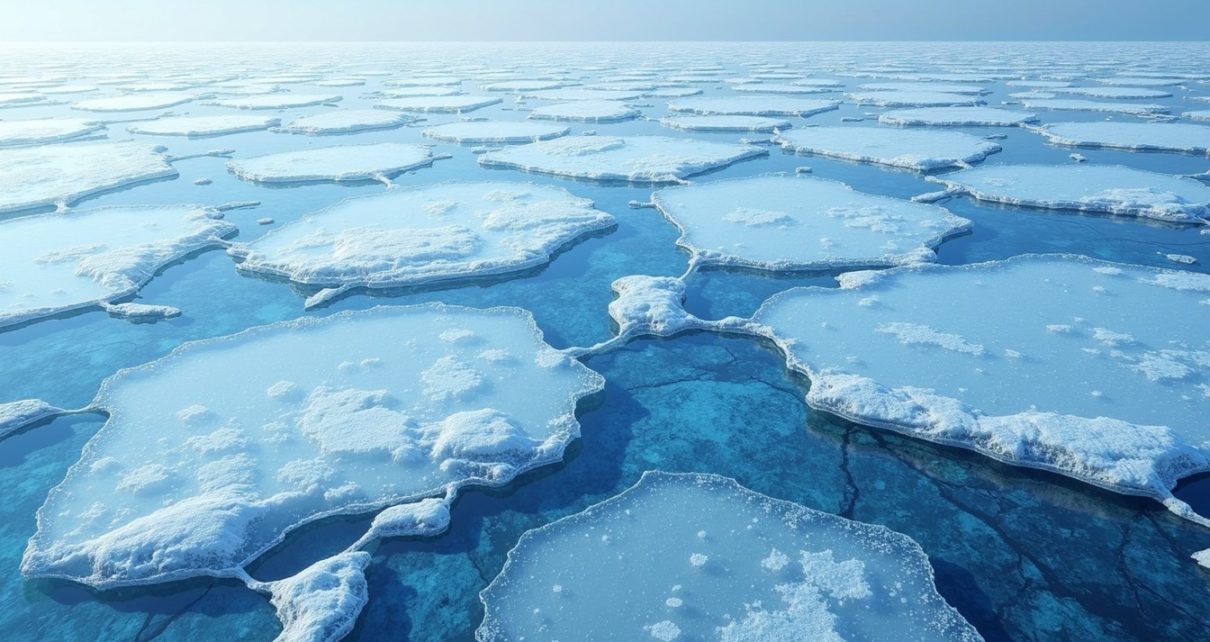When Canada sanctions Russia, it’s about defending peace and security. When Canada sanctions Russia, it’s also about your bill at the gas pump and how Ottawa allocates your tax dollars. In 2025, Ottawa faces a strategic triangle: enforcing sanctions to uphold NATO and trans-atlantic unity, funding growing defence commitments, and keeping life affordable for Canadians. Read More…
Security, Trade and the Economy
The Security, Trade and the Economy program aims to provide Canadians with relevant and accessible analysis on current international economic policies with a focus on Canadian interests and trade security. Additionally, the program examines our country’s commitment to NATO’s mandate of encouraging economic collaboration and eliminating economic conflict.
NATO’s Resilience Agenda and Canada’s Agri-Food Reliability
Imagine a coordinated cyberattack takes down the Port of Vancouver’s logistics systems. Ships can’t unload. Trains can’t be loaded. Grain shipments to Asia stop dead, and critical imports can’t get through. This scenario illustrates the kind of real-world threat that NATO now considers a core security challenge, compelling Canada and its allies to rethink the Read More…
Canada Should Forge Stronger Ties with the European Union to Defend its Arctic
Canada is facing severe challenges. As bilateral relations deteriorate and international alliances rapidly shift, Canada must reassess defence priorities. Canada needs to start by aligning with the European Union and defence preparation in the Arctic. Long seen as an afterthought, northern borders are a key battleground for resources, trade and influence. Unaddressed global warming is Read More…
Lines of Defence: A Policy Agenda for Canada’s Defence Capabilities
Below is the NATO Association of Canada’s publication on increasing Canada’s defence spending, with contributions from leading experts. Line of Defence: A Policy Agenda for Canada’s Defence Capabilities
NATO’s Defence Spending Surge Is a Smart Move – But Can Europe and Canada Keep Up?
In June 2025, during the NATO summit in The Hague, the alliance agreed to a massive increase in defence spending, committing to reach the 5% goal by 2035. This article examines why Canada and the EU must match their rhetoric with resolve and highlights effective avenues for achieving higher defence investment.
Specific Pacific: What NATO can Gain from Improving Relationships in the Indo-Pacific
In his newest article, James Lautens explores why NATO should focus on building stronger relationships in the Indo-Pacific and what opportunities can be derived from such an investment. He argues that by investing in and cooperating with the democracies in the region, NATO can curb the influence of Russia and China, who are increasingly challenging the rules-based international order.
Financing the enemy: The limits of NATO’s strategic decoupling from Russian fossil fuels
Despite vocally supporting Ukraine, between February 2022 and February 2025, NATO countries paid more to Russia for energy imports than they provided in aid to Ukraine. This article analyzes the limits of NATO’s strategic decoupling from Russian fossil fuels and proposes concrete steps the alliance as a whole, and Canada in particular, should take to tackle this problem.
Between Ceasefire and Catastrophe: Israel, Iran, and the Nuclear Non-Proliferation Question
The Situation The Middle East currently stands on the brink of cataclysm due to the extraordinarily tense stand-off between Israel and Iran, largely centering around Iran’s nuclear status. With the situation still very much in flux, a key question persists: Will the ongoing hostilities escalate into a broader conflict, or will diplomatic negotiations lead to Read More…
The U.S.-Ukraine Mineral Deal: Economic Commitment and America’s Stake in the Euro-Atlantic Future
This article analyzes the U.S.-Ukraine mineral deal – a diplomatic success for Ukraine that nonetheless signals a transition to a more restrained U.S. approach to global defense. It argues that other NATO members must step up to safeguard collective security and work toward fostering mutually beneficial economic cooperation within the alliance.
Polar Promises: How Canada and NATO Can Defend the Arctic
Canada is seeing rising tensions on its southern border. While calls from the current US administration to make Canada the 51st state draw the public’s attention, there is another border that has seemed to slip the minds of most Canadians: the Arctic. Canada and Russia share a border through the Arctic, which has proven to Read More…

